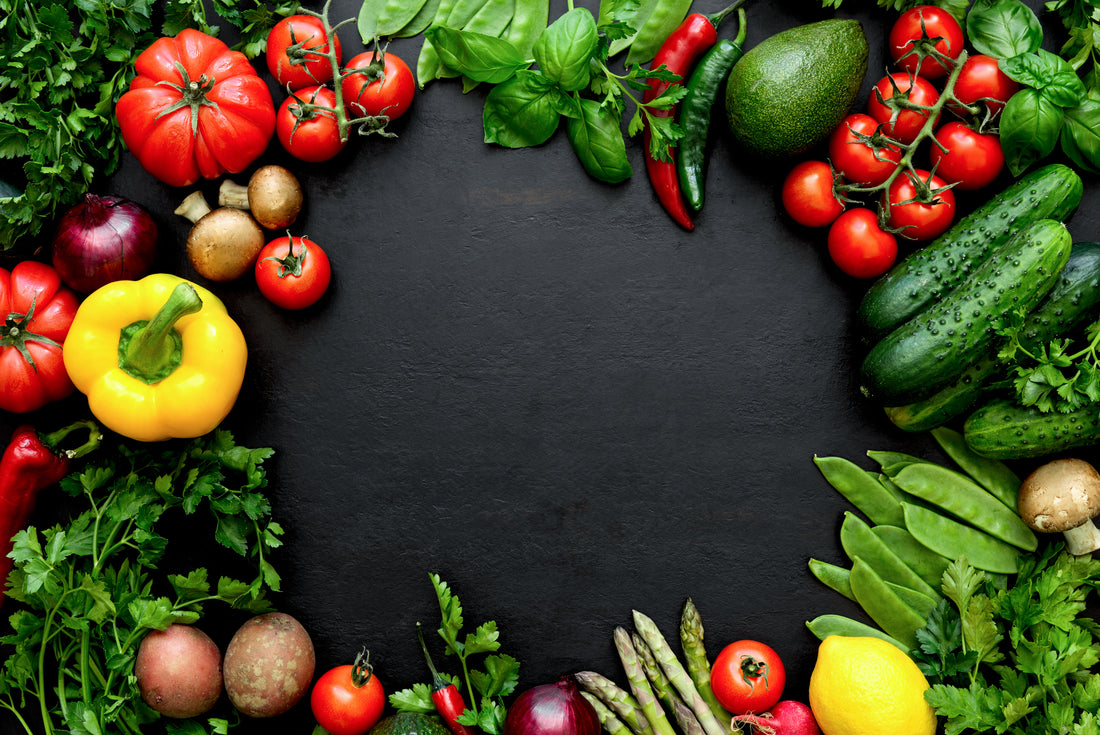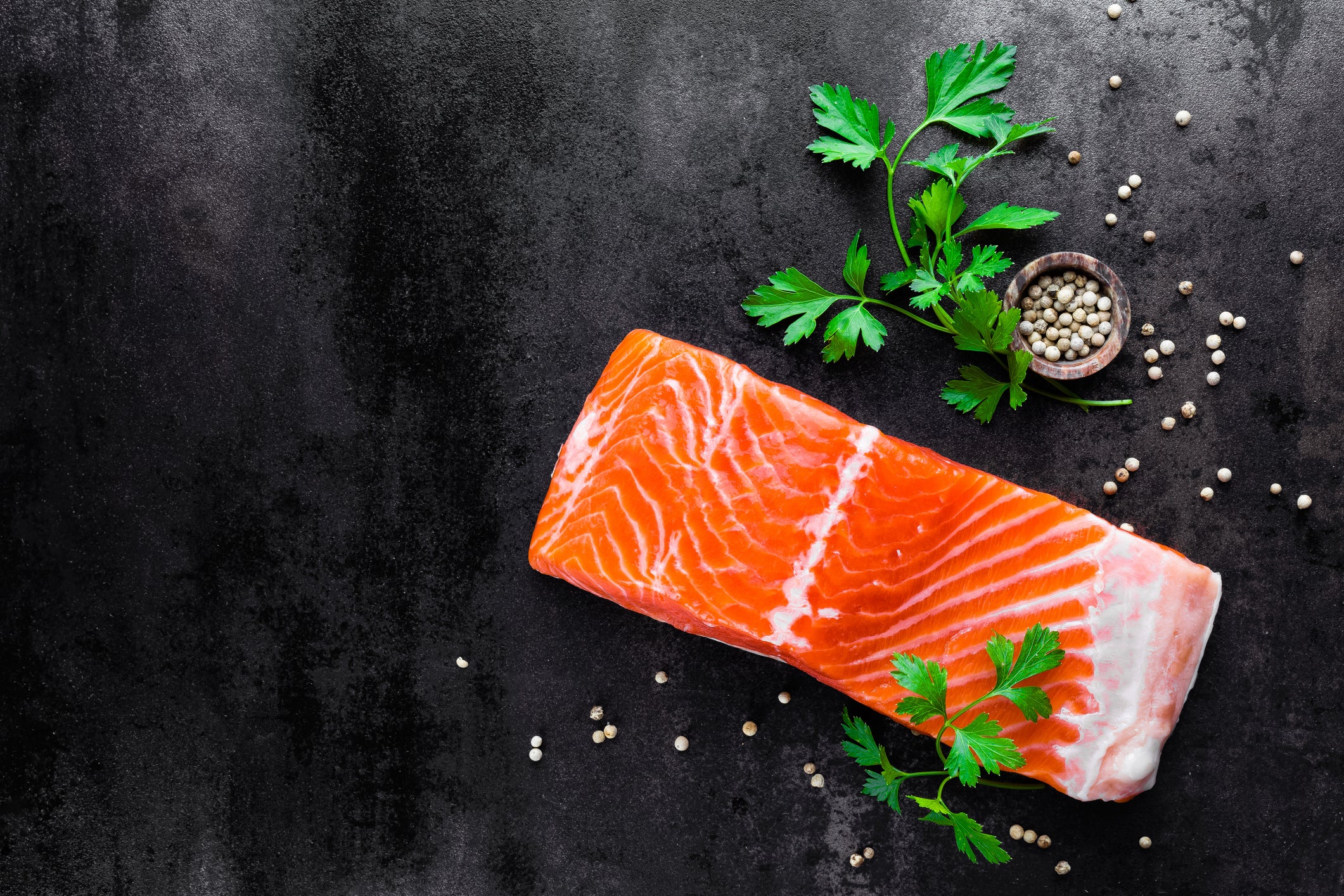Vegetables and fruits are major dietary sources of flavonoids, and according to research cited by the authors of this study, daily intakes of below 800 grams—around 1.75 pounds—of produce is associated with increased mortality from cancer, cardiovascular causes, and overall causes of death. In 2013, worldwide, 7.8 million premature deaths were linked to low fruit and vegetable consumption. These foods’ flavonoid contents, and their protective biochemistry, may help explain this gap in health and mortality.
While clinical and preclinical data have cited numerous health benefits of flavonoid-rich foods, there have been relatively few observational studies investigating population-wide effects. This was the first longitudinal study to demonstrate that reduction in overall mortality with increased flavonoid intake persists beyond controlling for confounding health influences such as smoking, alcohol consumption, and obesity. Flavonoids may help mitigate some detrimental lifestyle inputs through their effects on endothelial function, blood pressure, inflammatory processes, blood flow, and blood composition.
The primary aim of this Danish Diet Cancer and Health Cohort study was to examine relationships between flavonoid intakes and common causes of mortality among the 56,048 participants, who were initially between 52 and 60 years of age. Secondary aims were to discover any association between lifestyle risk factors and flavonoid influences on these contributors to mortality in this cohort. Main subtypes of flavonoids studied included flavonols, flavanols, flavanones, flavones, anthocyanidins, and isoflavones. The study quantified participants’ baseline intakes of total and individual classes of flavonoids and investigated their relationships to mortality according to quintiles of increasing consumption.
Flavonoid Intake Associated with Top-Line Health Indicators

CONCLUSION
This long-term cohort study demonstrates that, for many middle-aged individuals, a daily total flavonoid intake of around 500 or more milligrams is associated with reduced risk for overall mortality as well as that from common causes related to heart and vascular disease and cancer. The authors emphasize that this consumption level is achievable by many adults.


